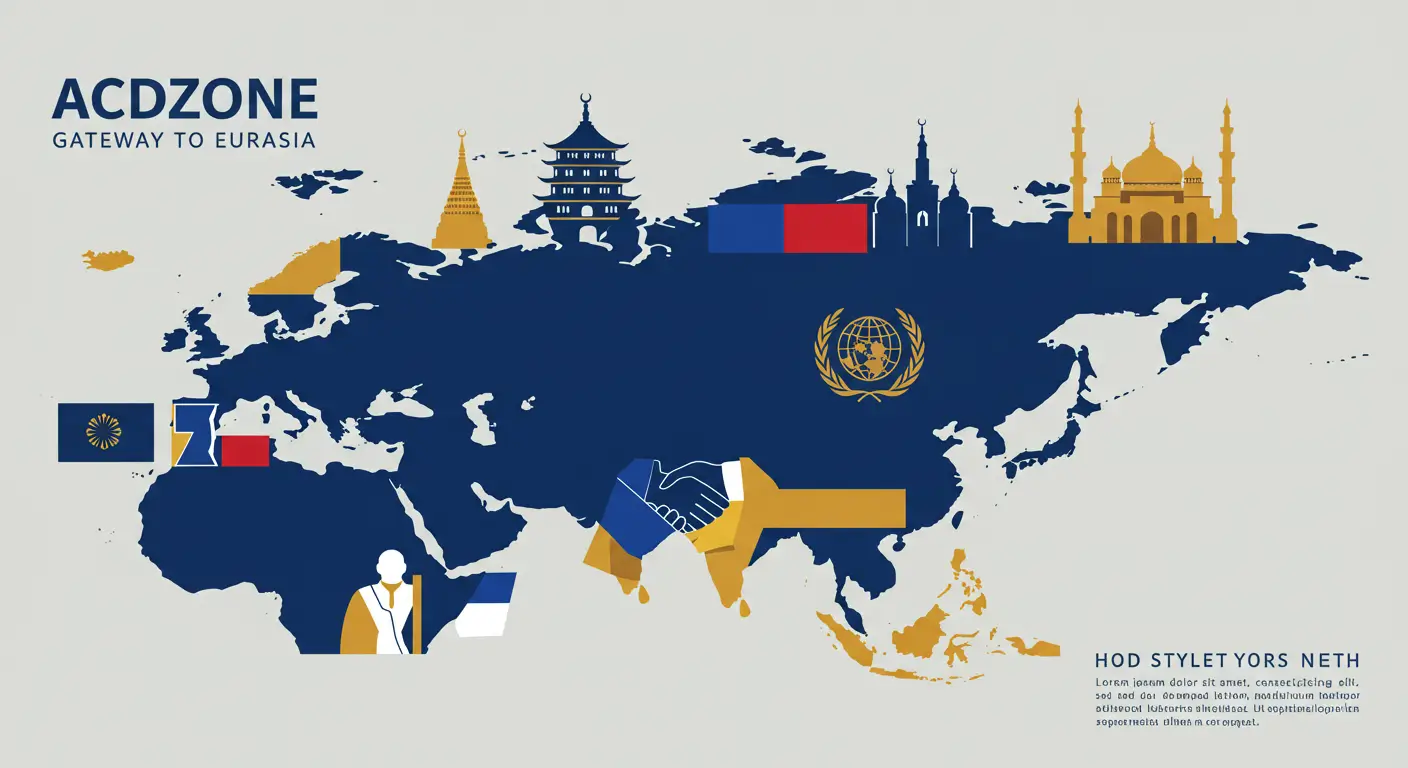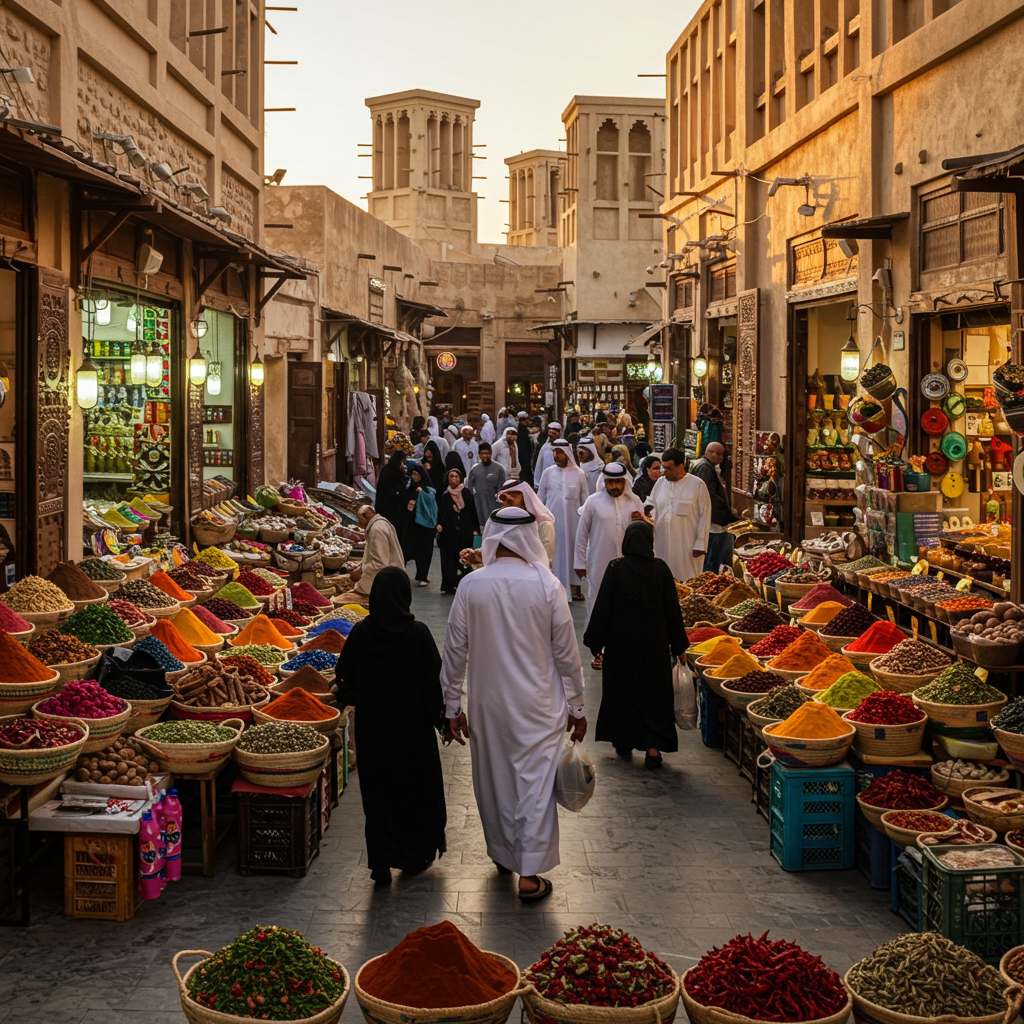Culture and Traditions of Bahrain: A Land of Arab Heritage and Global Interaction
Bahrain embodies a rich blend of Arab traditions, Islamic values, and long-standing global connections, living harmoniously between heritage and modernity.
Bahrain, a vibrant island in the heart of the Persian Gulf, has long been recognized as a cultural and commercial crossroads. Its strategic position has exposed it to various civilizations, shaping a layered and dynamic identity. The Bahraini people hold firmly to their Islamic and Arab roots while embracing modern cultural influences, creating a unique national character.
Arab-Islamic Heritage in Everyday Life
The foundation of Bahraini culture rests upon Arab customs and Islamic values. Family is central to Bahraini society, emphasizing respect for elders, social cohesion, and strong kinship ties. Religious observances such as Ramadan and Eid al-Adha are celebrated with devotion and also serve as opportunities for community bonding.
Language, Literature, and Traditional Arts
Arabic is the official language, with a distinct Bahraini dialect. Traditional poetry and storytelling remain important, with literary gatherings still held in some areas. Bahraini music, often performed with instruments like the oud and local drums, and folk dances at weddings and cultural festivities, represent the vibrant artistic traditions of the nation.
Global Cultural Influences and Modernity
Centuries of interaction with traders and migrants from India, Iran, Africa, and Europe have made Bahrain an open, multicultural society. In Manama and other cities, international restaurants, modern art centers, and cultural festivals showcase this cosmopolitan spirit. The fusion of tradition and modernity is visible in architecture, fashion, cuisine, and daily life.
Culinary Heritage: A Blend of Arab and Asian Flavors
Food in Bahrain is both a daily necessity and a cultural symbol. Popular dishes such as Machboos (spiced rice with meat), Qoozi, and freshly caught fish reflect both Gulf Arab roots and Indian-Iranian influences. Arabic coffee and dates are iconic symbols of Bahraini hospitality.
Government and Cultural Preservation
Bahrain has invested significantly in protecting its cultural heritage. The inclusion of Qal'at al-Bahrain (Bahrain Fort) on the UNESCO World Heritage List and the establishment of museums like the Bahrain National Museum highlight its commitment to history. Events such as the Bahrain Culture Season bring together artists from around the world to celebrate shared creativity.
Balancing Tradition and Modern Life
Bahrain skillfully blends its deep-rooted traditions with modern progress. While Islamic dress remains widespread, more diverse fashion styles are visible in urban areas. Bahraini women play active roles in education, business, and the arts, even as traditional family values remain central to society.
Conclusion
The culture and traditions of Bahrain represent a harmonious synthesis of Arab-Islamic heritage and global openness. By safeguarding its history while embracing innovation, Bahrain has built a cultural identity that bridges past and present with grace and confidence.





No comment